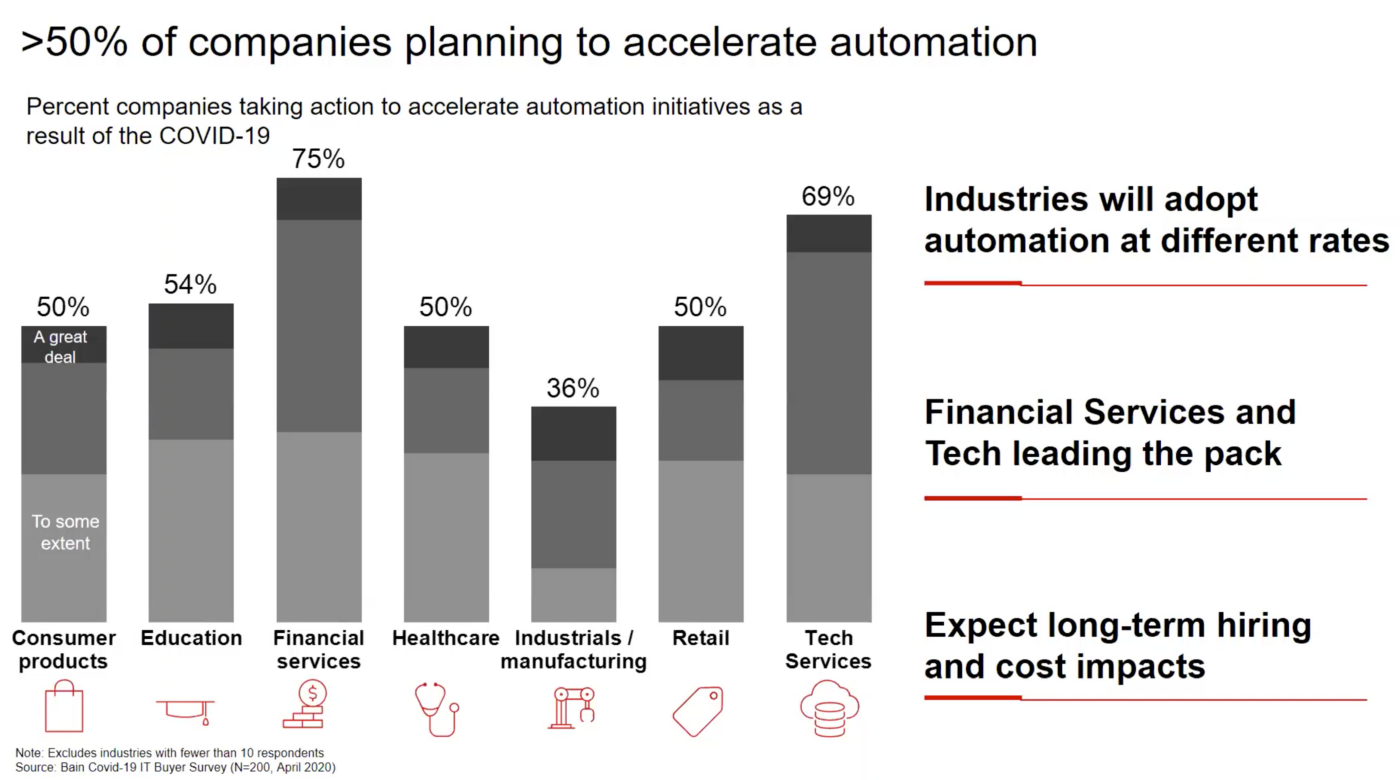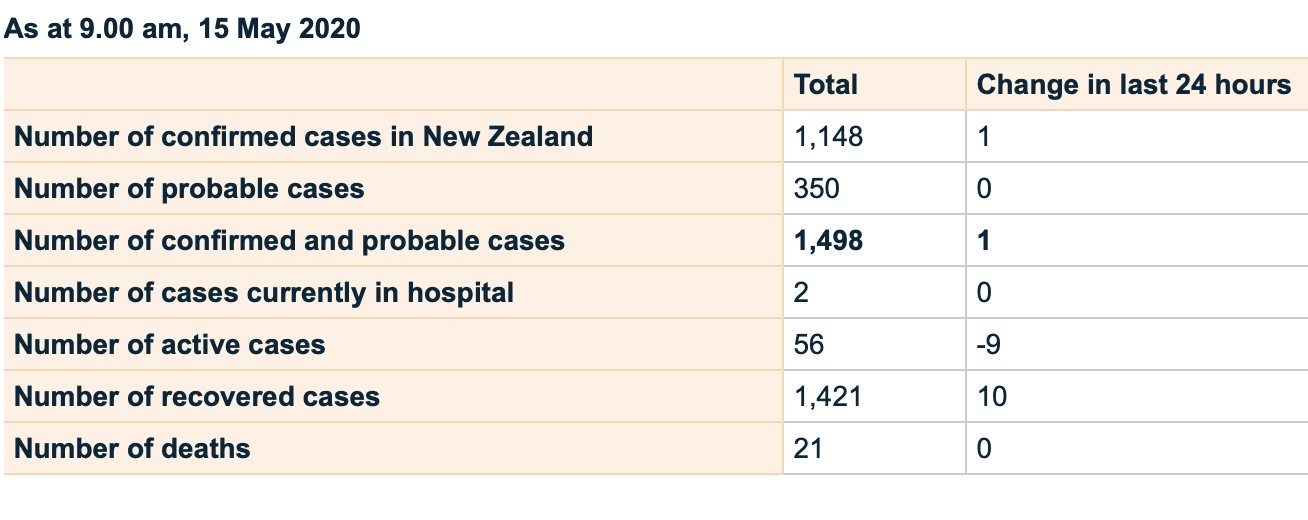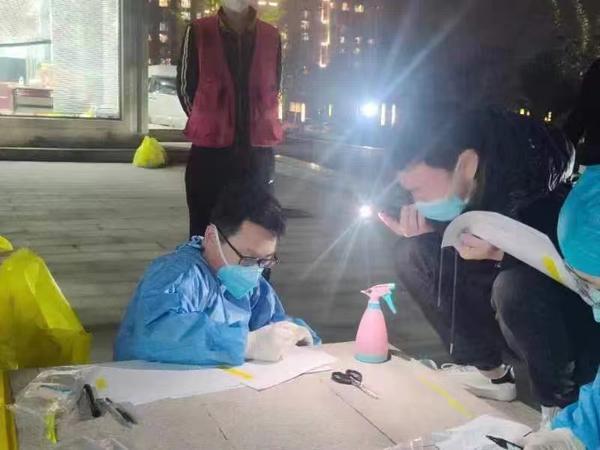Introduction:
The world has been gripped by the unprecedented COVID-19 pandemic since its first reported case in December 2019, transforming daily life and reshaping global dynamics. This English news brief aims to provide a comprehensive update on the ongoing efforts to combat the virus, including vaccination progress, latest research developments, economic impacts, and global cooperation efforts.
Vaccination Rollout:
The global vaccination campaign against COVID-19 has been a crucial milestone in the fight against the pandemic. As of [insert current date], over [insert number] doses have been administered worldwide, with [insert country] leading the charge by administering [insert number] doses, followed closely by [insert another country]. The World Health Organization (WHO) has played a pivotal role in coordinating the distribution of vaccines under the COVAX facility, aiming to ensure equitable access for all countries, regardless of their economic status. However, challenges persist, with some countries reporting shortages and logistical hurdles in their vaccination drives.
Latest Research Developments:
Scientific research continues to advance at a rapid pace, offering new insights and potential solutions to the pandemic. Recent studies have focused on the transmission dynamics of the virus, with researchers uncovering new information about its behavior and how it mutates. One notable development is the discovery of the Omicron variant, which has prompted global concern due to its high number of mutations and potential for increased transmissibility. Researchers are now racing to understand the variant's severity and how it may affect existing vaccines.
In the realm of treatment, several promising therapies have emerged, with some already being approved for emergency use. Monoclonal antibody treatments and antiviral drugs have shown potential in reducing hospitalizations and speeding up recovery for certain patient groups. However, access to these treatments remains a challenge, particularly in low-income countries where healthcare systems are already overstretched.
Economic Impact:
The pandemic has had a devastating impact on global economies, leading to unprecedented levels of unemployment, business closures, and supply chain disruptions. The International Monetary Fund (IMF) estimates that the pandemic could result in a global contraction of [insert percentage] in 2020, followed by a gradual recovery in 2021. Governments and central banks have responded with massive stimulus packages, low-interest rate policies, and direct payments to households to cushion the economic blow.
The tourism and hospitality sectors have been particularly hard hit, with many countries implementing travel restrictions and border closures. However, there are signs of recovery, with some countries reporting a resurgence in tourist arrivals as vaccination rates increase and travel restrictions ease. Digitalization has also emerged as a silver lining, with e-commerce and remote work becoming more prevalent than ever before.
Global Cooperation:
Amidst the crisis, international cooperation has been a crucial factor in mitigating the pandemic's impact. The WHO has served as a platform for sharing information, best practices, and coordinating global responses. The Alliance for Vaccine Equity was launched in 2021 to ensure equitable access to COVID-19 vaccines worldwide, with prominent global leaders pledging to share doses and support developing countries' vaccination efforts.
Multilateral institutions like the World Trade Organization (WTO) have also played a role in facilitating the flow of medical supplies and ensuring their availability for all countries. However, challenges persist, with some countries adopting unilateral measures that hinder the free movement of essential goods and services.
Conclusion:
The COVID-19 pandemic continues to evolve, presenting both challenges and opportunities for global society. While vaccination efforts are gaining momentum and scientific research is making progress, the pandemic underscores the need for enhanced global cooperation, equitable access to resources, and resilient healthcare systems worldwide. As we look ahead, it is imperative that we learn from this crisis and invest in building a more connected yet resilient future that can better withstand future health emergencies. The path ahead is uncertain, but with collective action and innovation, we can continue to make progress in our collective fight against this global threat.
转载请注明来自爬爬百科,本文标题:《全球抗击新冠疫情的全面更新》












 京ICP备11000001号
京ICP备11000001号
还没有评论,来说两句吧...